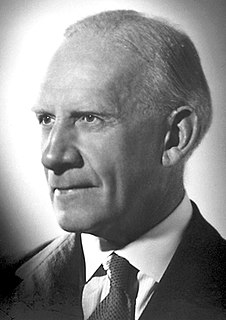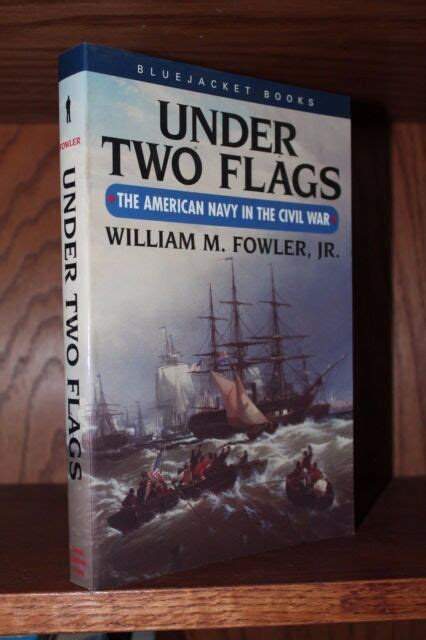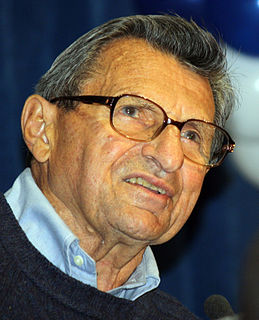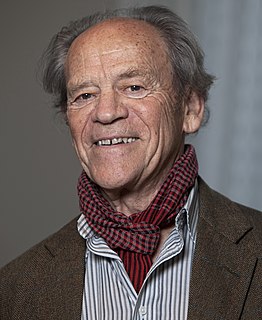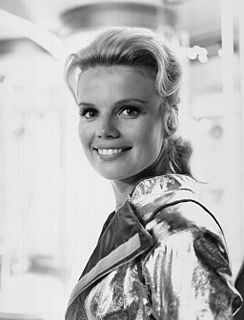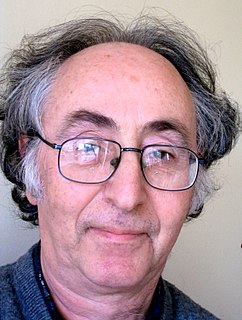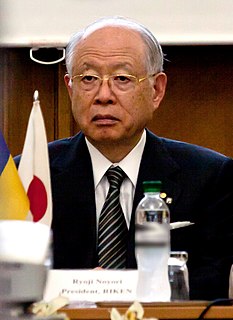A Quote by Robert Robinson
In 1905, I was privileged to be given a place in the private laboratory of my revered teacher, Professor W. H. Perkin, Jr. at the University of Manchester.
Quote Topics
Related Quotes
This seemed a dreary and wasted life for a girl with fifteen years of straight A's, but I knew that's what marriage was like, because cook and clean and wash was just what Buddy Willard's mother did from morning till night, and she was the wife of a university professor and had been a private school teacher herself.
In 1986, I was asked by the then-Dean of Science at the University of British Columbia, Dr. R.C. Miller, Jr., to establish a new interdisciplinary institute, the Biotechnology Laboratory. I decided that it was time for me to start paying back for the thirty years of fun that I had been able to have in research.
I grew up in Muenchen where my father has been a professor for pharmaceutic chemistry at the university. He had studied chemistry and medicine, having been a research student in Leipzig with Wilhelm Ostwald, the Nobel Laureate 1909. So I became familiar with the life of a scientist in a chemical laboratory quite early.
My father was a university professor and his thing was tenure. Any time I hear a university professor say tenure, I hear the word dinosaur. You're not supposed to be getting tenure. You're supposed to be figuring out how you can teach more students at a better price and more effectively. That's your job.
